1. George Washington: The Teeth That Told No Tales
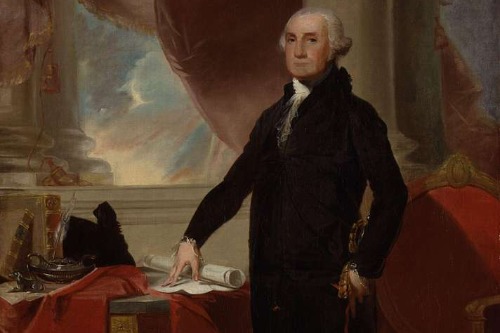
Everyone knows Washington had fake teeth, but those weren’t made of wood—they were an unsettling blend of ivory, lead, and human teeth. Despite being the “father of the country,” he didn’t exactly prioritize dental hygiene. This wasn’t just a vanity issue; it contributed to his serious health problems and left a “bite” mark on his legacy.
2. John Adams: Alienating the Alien Act
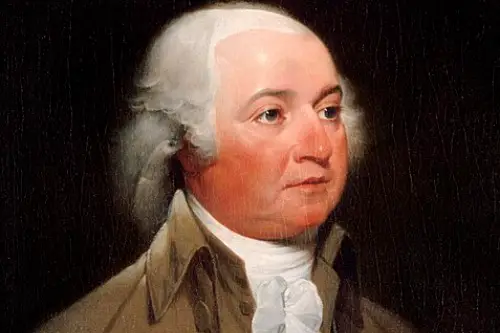
Adams signed the Alien and Sedition Acts, which made it easier to deport non-citizens and crack down on free speech. While trying to protect the nation from French threats, he managed to enrage both immigrants and journalists, basically the Founding Fathers’ version of killing the vibe.
3. Thomas Jefferson: The Louisiana Purchase Gamble

Jefferson bought the Louisiana Territory on impulse—classic “didn’t think this through” energy. It worked out, sure, but at the time, he violated his own views on limited federal power and didn’t even tell Congress beforehand. Imagine using your boss’s credit card without asking.
4. James Madison: A Burning Capital

Madison’s oversight during the War of 1812 led to the British burning down the White House. It’s one thing to lose a fight; it’s another to lose your house in the process. At least Dolly Madison saved the good china?
5. James Monroe: Sending Free People to Liberia
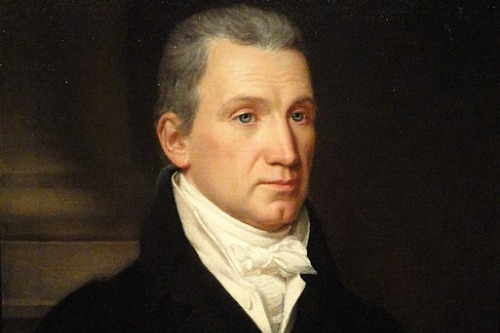
Monroe supported the colonization of freed African Americans in Liberia. It sounds well-meaning, but it was a forced solution to systemic racism that displaced many. The capital, Monrovia, is named after him, but this policy was like throwing a party no one wanted to attend.
6. John Quincy Adams: The Skinny Dip Scandal
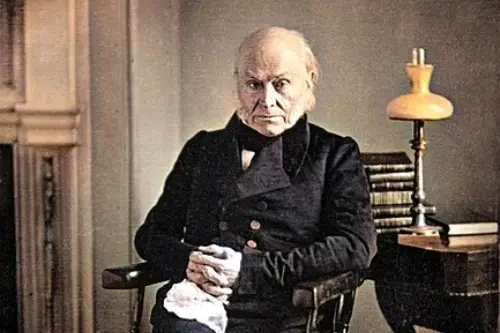
Adams loved morning swims—au naturel. He even took meetings while in the water. But one journalist stole his clothes mid-swim, forcing him to negotiate for their return. Even the best multitaskers need a towel on hand.
7. Andrew Jackson: Trail of Tears

Jackson’s forced relocation of Native Americans is one of the darkest chapters in U.S. history. His aggressive policies and disregard for Native sovereignty were catastrophic—proof that tough-guy energy is not always admirable.
8. Martin Van Buren: Recession King
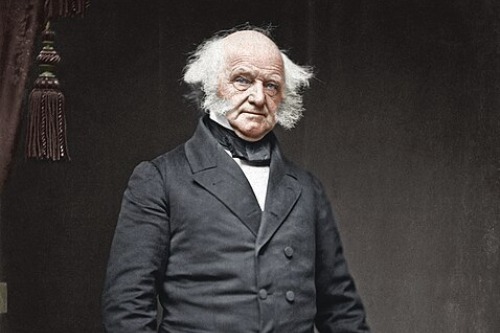
The economy tanked under Van Buren, earning him the nickname “Martin Van Ruin.” His laissez-faire response to the Panic of 1837 left the nation floundering—basically ghosting America during an economic emergency.
9. William Henry Harrison: Death by Speech
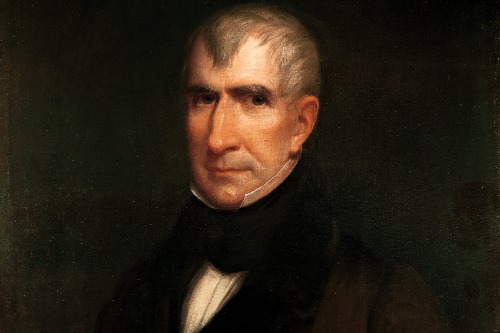
Harrison delivered a 2-hour inaugural address in the freezing rain without a coat, leading to his untimely death from pneumonia. The lesson? A tight, 10-minute speech goes a long way.
10. John Tyler: Everybody Quit
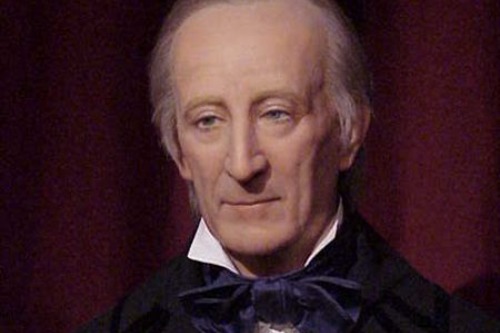
Tyler vetoed so many bills that his entire cabinet (except one loyal soul) resigned. His nickname, “His Accidency,” didn’t help matters, and even his own party didn’t want him. Talk about working from home…alone.
11. James K. Polk: Overworked Himself to Death
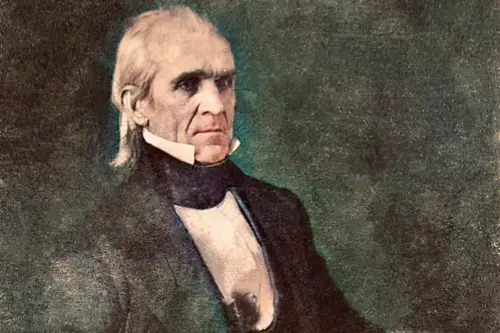
Polk micromanaged the presidency so hard that he basically burned out after one term. He died shortly after leaving office, proving that even presidents need work-life balance.
12. Zachary Taylor: Too Much Cherries and Milk
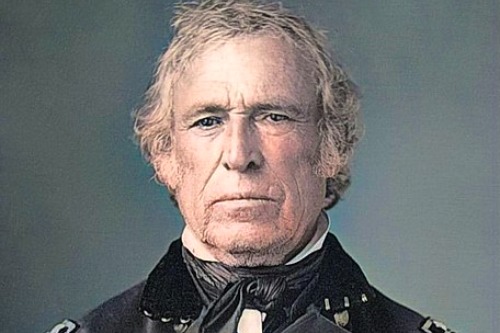
Taylor ate a lethal combination of cherries and iced milk during a Fourth of July celebration, leading to his untimely death. If there’s a moral here, it’s to chew slowly and question dairy in the summer heat.
13. Millard Fillmore: The Compromise Nobody Liked
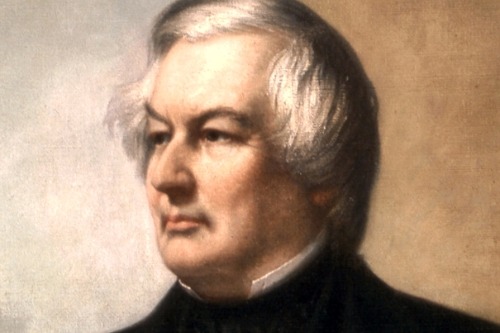
Fillmore’s Compromise of 1850 attempted to keep the peace over slavery but ended up pleasing no one. Sometimes, sitting on the fence just gets you splinters.
14. Franklin Pierce: The “No” President
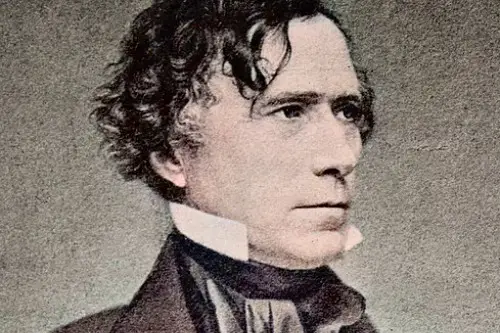
Pierce’s support of the Kansas-Nebraska Act reignited violent slavery debates, earning him universal disapproval. He basically RSVP’d “no” to unity and watched the country crack further.
15. James Buchanan: The Ultimate Bystander
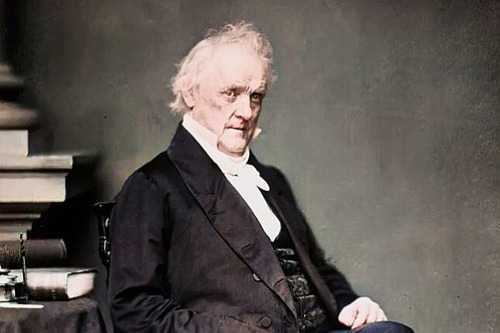
Buchanan stood idly by as the country inched toward civil war, insisting it wasn’t his job to stop it. He’s the “not my problem” guy of presidents, and history hasn’t forgiven him.
16. Abraham Lincoln: The Johnson Pick

Lincoln’s choice of Andrew Johnson as his vice president was meant to foster unity, but it backfired spectacularly post-assassination. Johnson’s presidency was like forgetting to proofread your essay—it just didn’t hold up.
17. Andrew Johnson: Reconstruction Fumbles

Speaking of Johnson, his lenient policies toward the South during Reconstruction were a disaster. He let Confederate leaders return to power, essentially hitting undo on Union efforts.
18. Ulysses S. Grant: Too Trusting
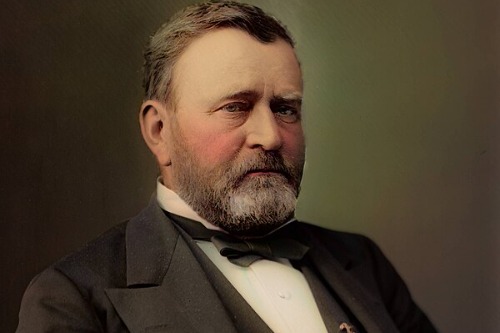
Grant surrounded himself with corrupt advisors who exploited his trust. His administration’s scandals didn’t overshadow his Civil War heroics, but they sure made his presidency feel messy.
19. Rutherford B. Hayes: The Compromise Sellout
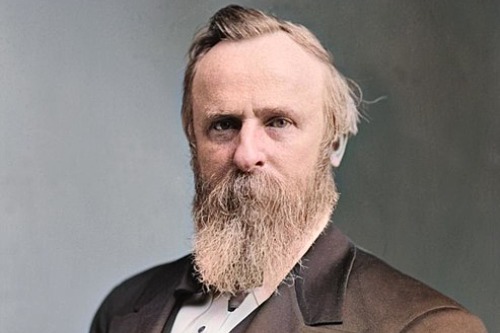
Hayes became president through the Compromise of 1877, which ended Reconstruction and left Black Americans unprotected in the South. Sometimes a political “deal” comes with way too many strings attached.
20. James Garfield: Ignored the Death Threats
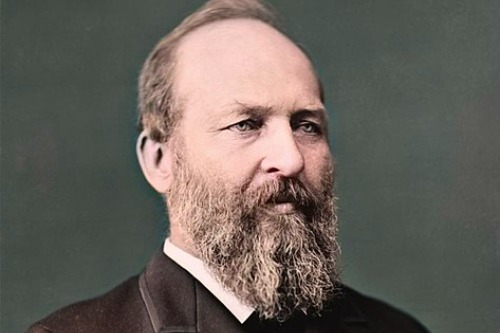
Garfield didn’t take security seriously, brushing off threats that eventually led to his assassination. It’s a grim reminder that even presidents shouldn’t skip out on personal safety.
21. Chester A. Arthur: The Spoils System Struggle
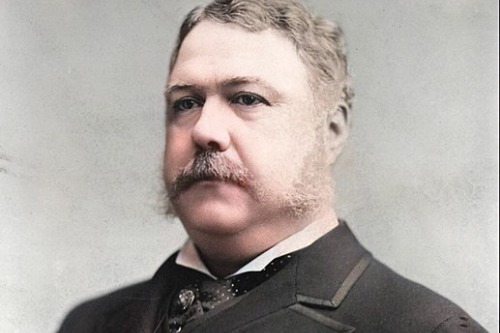
Arthur pushed for civil service reform after benefiting from the very corruption he fought against. It’s like trying to unspill milk after drinking half the glass.


